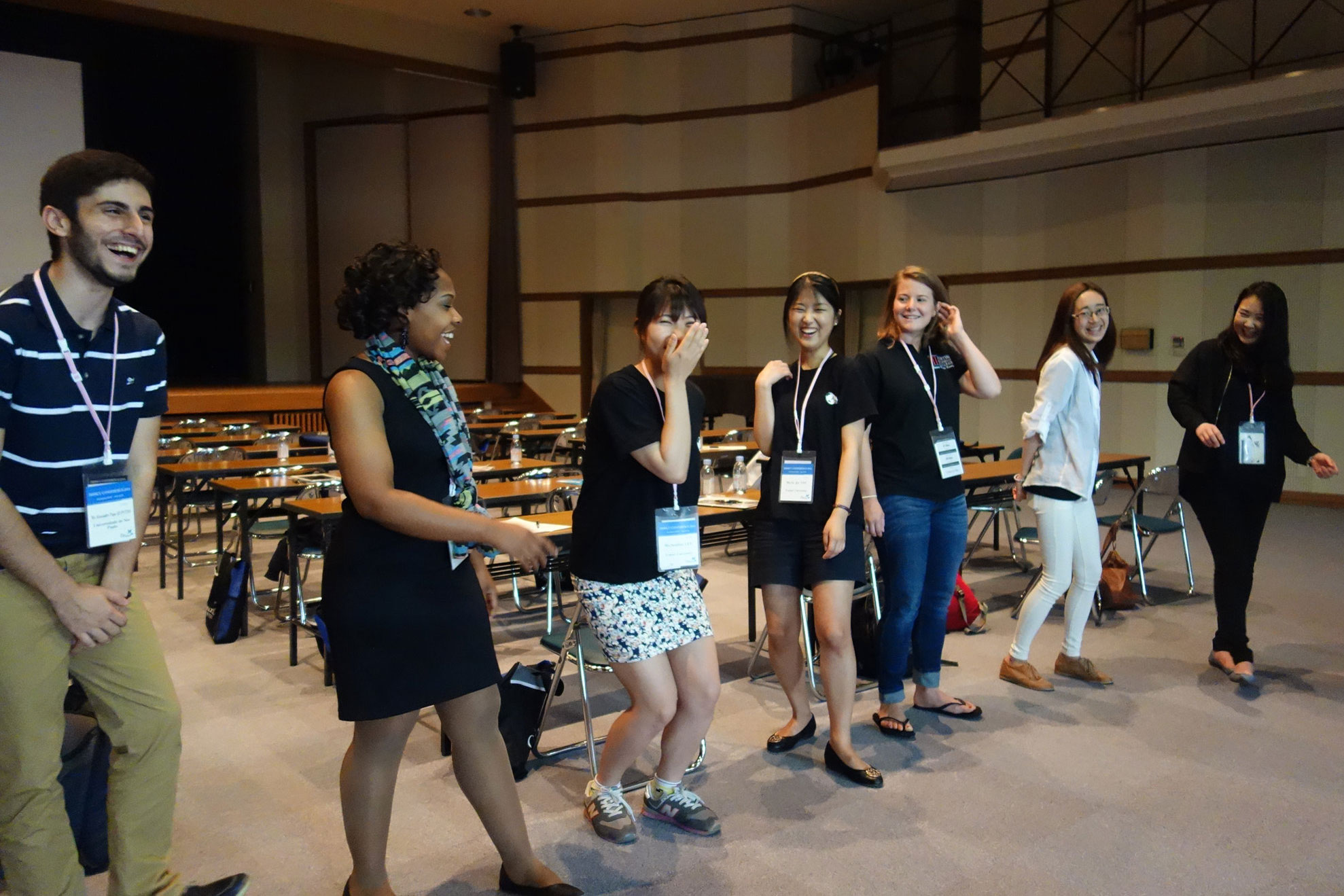In our faith journeys, we need trusted companions who help us remain on course.
John Wesley, a Methodist founder, knew that from the start.
In 1742, after John Wesley visited the Methodist societies in Newcastle, he concluded the people lacked the discipline needed to grow in holiness of heart and life. He realized they lacked discipline because they lacked a rule to guide them.
The kind of “rule” Wesley composed is like a compass that helps pilgrims reach their destination by keeping them on course. Along the way, a traveler takes frequent compass headings and makes adjustments when necessary to make sure they are heading in the right direction. Meeting with a small group of fellow pilgrims for weekly accountability and support for living the Christian life provides the opportunity for us to check our spiritual compass to make sure we are staying on course.
Travel together
In the preface to the General Rules, John Wesley described the Methodist societies:
“Such a society is no other than ‘a company of [persons] having the form and seeking the power of godliness, united in order to pray together, to receive the word of exhortation, and to watch over one another in love, that they may help each other to work out their salvation.’”
Wesley believed the Christian life is a pilgrimage toward holiness of heart and life. While deeply personal, the pilgrims never make the journey alone. Baptism unites Christians with a community centered in the life and mission of Jesus Christ that promises to do all in its power to increase their faith, confirm their hope, and perfect them in love. This was the aim of the early Methodist societies and the classes.
The Baptismal Covenant in "The United Methodist Hymnal" (Pages 33-39) contains three promises made by the congregation. These promises are grounded in the Methodist tradition to watch over one another in love:
With God’s help, we will proclaim the good news and live according to the example of Christ.
We will surround these persons with a community of love and forgiveness, that they may grow in their trust of God, and be found faithful in their service to others.
We will pray for them, that they may be true disciples who walk in the way that leads to life.
The congregation takes responsibility for helping its members “work out their salvation.”

Stay on course
The General Rules are The United Methodist Church’s rule of life. You will find them in The Book of Discipline of The United Methodist Church 2016 on Pages 77-80. In it you will find simple, straightforward guidance for how to implement the mission to “make disciples of Jesus Christ for the transformation of the world.”
United Methodist congregations can adopt the General Rules as their rule of life. “A rule of life is a pattern of spiritual disciplines that provides structure and direction for growth in holiness. … It fosters gifts of the Spirit in personal life and human community, helping to form us into the persons God intends us to be” ("Soulfeast: An Invitation to the Christian Life," by Marjorie Thompson).
A simple way to teach our rule of life to a congregation is to incorporate it into the Baptismal Covenant. There is direct correlation to the three questions of the Baptismal Covenant the three General Rules:
“Do you renounce the spiritual forces of wickedness, reject the evil powers of this world, and repent of your sin?”
“I do! By doing no harm, by avoiding evil of every kind, especially that which is most generally practiced.”
“Do you accept the freedom and power God gives you to resist evil, injustice, and oppression in whatever forms they present themselves?”
“I do! By doing good, by being in every way merciful as we have opportunity, doing good of every possible sort, and, as far as possible to all people: to their bodies and to their souls.”
“Do you confess Jesus Christ as your Savior, put your whole trust in his grace, and promise to serve him as your Lord, in union with the church which Christ has opened to people of all ages, nations, and races?”
“I do! By practicing all the ordinances of God: the public worship of God, the ministry of the Word, the Lord’s Supper, family and private prayer, searching the Scriptures, and fasting or abstinence.”
According to the grace given to you, will you remain faithful members of Christ’s holy church and serve as Christ’s representatives in the world?
I will witness to Jesus Christ in the world and follow his teachings through acts of compassion, justice, worship, and devotion under the guidance of the Holy Spirit.
Find your friends for the journey
Families, small groups, Sunday school classes, committees, and choirs can watch over one another in love by setting aside time when they gather to share what they have done, or not done in light of their Baptismal Covenant and the General Rules.
The Rev. Dr. Steven W. Manskar is pastor of Trinity United Methodist Church in Grand Rapids, Michigan and author of "Disciples Making Disciples: A Guide for Covenant Discipleship Groups and Class Leaders."
Media contact is Joe Iovino, Director Member Communications.
This story was published October 27, 2020.




